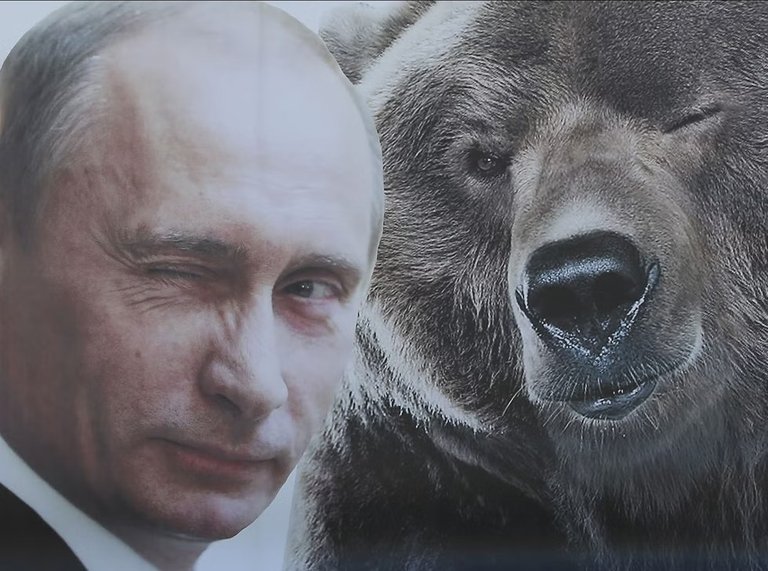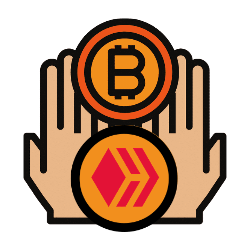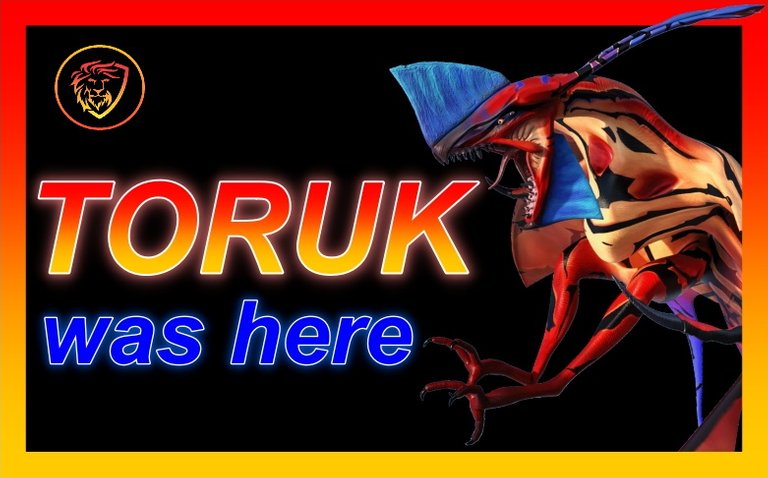Many discount the impact that Web 3.0 is going to have on the world. Mistakenly, most associate it with cryptocurrency. Actually, Web 3.0 is going to be much larger than this single use case.
Before going any further, it is best to define the problem.
The Internet took us global. Suddenly, we were all able to communication like someone was right beside us. This opened up a wave of possibilities yet also generated an equal number of problems.
While the net is positive, this is a medium we are still learning to play with. Thus far, we only gave more power to governments and major technology companies. Both of them operate in a way that only increased surveillance on each individual.
Anyone carrying a phone is providing a 24/7 tracking device for those interested. Naturally, governments are all too happy to access this data. So, too, are hackers.
The question we have to be asking is whether we can come up with a better way?
Could Web 3.0 be that solution?

End Of The Advertising Model
For most major technology companies, the path to profitability is advertising. This is what the Internet turned into. Companies accumulate enormous amounts of data to provide sellers of goods and services with at much targeted advertising as possible.
Through this, all of our friends became unknowing allies in the effort to sell us more stuff.
Of course, the ability to opt out is next to impossible. This means that we not only have governments monitoring as much as they can, each technology company is looking to do the same. There is no way to escape this.
There was a time only those suspected of a crime were being monitored. Now it is everyone and anyone. For this reason, we need to break these models in search for something better.
Global Problems
As the world became globalized, large scale problems resulted. Are we equipped to handle them?
One of the solutions, according to the small group in power, is to create larger government structures. If something is to big for a single government, let's build a mega-government. Certainly, the corruption that exists at the lower levels will not translate as it grows.
The Internet provides an interesting possibility as a solution. Could the next generation, being called Web 3.0, really have a global impact? We see the power that was generated with Web 2.0. The only challenge is who benefited.
In many ways, the Internet is bringing us closer. Communication and information is lacking the limitation it previously had. We now see how robust our systems are becoming.
Web 3.0 could change the ownership model. As such, it could be ushering a 3rd alternative between governments and mega-technology companies.
And, perhaps this is how global problems need to be approached.
Tokenization Does Have Its Place
While Web 3.0 is bigger than cryptocurrency, the latter has a vital role to play. Tokenization is what can really level the field and alter the path of things.
Even though we had to endure a bunch of nefarious activities, it is important to separate that from the technology. In fact, history shows that new capabilities are often mired with behavior that we recently witnessed.
The introduction of the Internet, along with the railroads, saw exit scams as well as pump and dump schemes.
Unfortunately, it seems we have to endure the early days of fraudsters before moving on. The important thing to note is the presence of scams does not predict the future success (or failure) of a technology.
This is the case with cryptocurrency.
When it comes to a new ownership model, this is going to be at the core of it. However, that is still only a piece of the puzzle.
Decentralized and Immutable
Cryptocurrency does not solve the data problem. We know the amount generated is only growing. We come back to who is in control of said data?
One of the key provisions of Web 3.0 appears to be account ownership. This is one step forward on the path of wrestling control away from major technology behemoths.
Decentralization certainly holds some promise. If the control of the data eventually ends up in the hands of the stakeholders, that is a much different scenario as compared to Facebook. At least those providing the data are benefitting. This is not the case with the way the Internet is structured now.
Another factor is the need for compliance. When operating on a company's platform, they dictate what appears and what does not. It is all in their control. Over the last couple years we saw clearly how dangerous this is.
For this reason, there is little difference between the CCP and the major technology companies. In both cases a small group of individuals is using their position of control to determine what people have access to.
Naturally, opening up another avenue creates a new realm of possibilities. Could it be possible to produce a realm where people are able to openly share their ideas? Is it in our future whereby the ability to silence dissent is removed?
We cannot answer these questions at this time since we are still in the embryotic stages of this development. However, we can easily see how Web 3.0 might be ushering in a 3rd alternative to our choice between government and mega-tech.
If you found this article informative, please give an upvote and rehive.

gif by @doze

logo by @st8z
Posted Using LeoFinance Beta




 . Keep up the fantastic work
. Keep up the fantastic work




